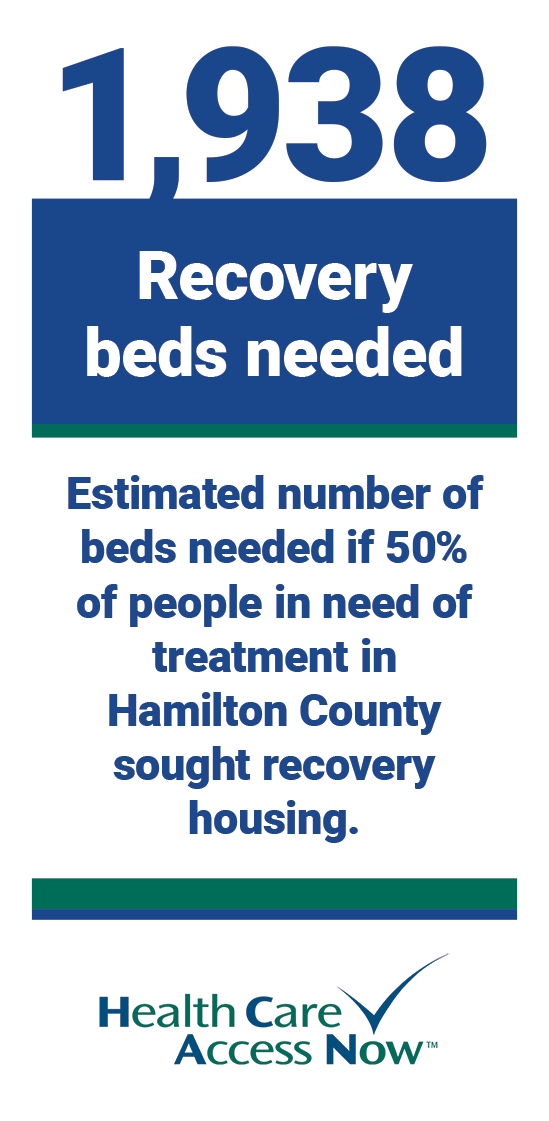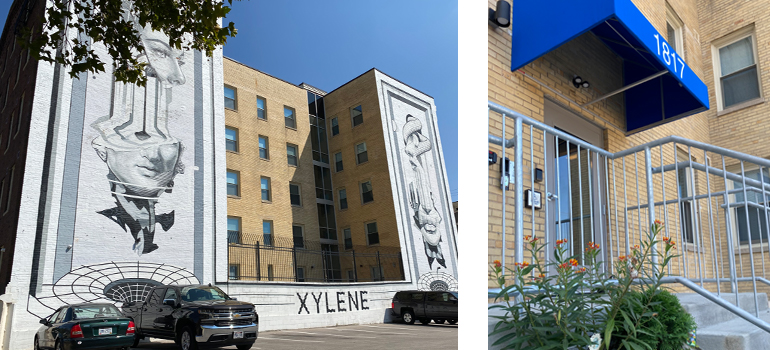Self-care and substance use disorder: A powerful tool

One of the most powerful tools in substance use disorder recovery is self-care. And it works equally well for those on both sides of the equation: the people who are in recovery and their loved ones.
Kellen Hicks, Drug and Alcohol Counselor, MS, LICDCCS, Cincy Pride Counseling, says self-care can help those affected by substance use disorder in a vast number of ways.
These include improving physical health, gaining a sense of control over their lives, relieving stress—even helping heal ruptured relationships and decreasing the likelihood of relapse.
Dealing with shame and guilt
“One of the biggest challenges I face with clients is the shame and guilt related to [dependence on opioids or other substances],” Hicks says. He says looking at substance use disorder as a disease mitigates those feelings.
People can become reliant on opioids through several paths. “They may have been prescribed medication and couldn’t manage the withdrawal,” he says. Or they may have sought out opioids on their own. Regardless of the circumstances of their addiction, the result is the same. “And it’s not a moral failure. It’s treatable—as long as you take self-care steps.”
Regaining health
Often, when people are using opiates, “diet is thrown out the window. The only focus is the substance.” Hicks says that people who are actively using may be 40-60 pounds underweight—“truly weak in an unmanageable way.” He encourages his clients to regain strength by taking small steps, such as eating three meals a day or daily walks in the park.
The interconnectedness of sleep and anxiety also play a role in both substance use and recovery. Hicks says he finds that people will use substances to numb their anxiety. And “anxiety can stem from not being able to sleep.”
He also recommends finding a greater purpose, whether that’s through “church, volunteering, meditation,” or some other way of connecting with self and community. “Isolation is one of the big components of addiction,” so creating a broader support system is “a big piece of the recovery process.”
Loved ones’ self-care
Hicks believes that loved ones need self-care just as much as the patient because they have additional worries about witnessing relapse, overdose, and potential death. The stress from those concerns can negatively impact family members’ physical health, manifesting in issues such as high blood pressure.
“Substance use dependency is a family disease,” he says. “I can’t recommend enough programs like Al-Anon, Nar-Anon, and Families of Addicts [in Dayton].”
Brushing up on communication skills is another piece of the self-care puzzle, for loved ones and patients alike. Hicks says that all involved parties need to learn assertive communication techniques. Being able to communicate directly can help both patients and family members hold each other accountable.
He gives the example of a family member checking in to make sure the patient is getting enough sleep or going to meetings. But the person in recovery should also know where to draw lines, he says, so they can remind family members when they need independence.
Repairing relationships
“Family members lose trust [in the patient]. They’ve heard promises before.” But, when a person in recovery from addiction practices self-care, it can demonstrate to loved ones, through their actions, that they are making positive changes, Hicks says.
Self-care can also help soften the blow for people in recovery when a relationship turns out to be irreparable. “It can help you accept the situation”—and make it less likely that the patient reaches for substances to alleviate pain.
Barriers for patients
Health Care Access Now (HCAN)’s Community Health Workers (CHWs) regularly meet one-on-one with participants in their care coordination programs to overcome barriers to good health outcomes. These social determinants of health can deeply affect the people with whom they work.
That’s also true of the patients Hicks sees: They face barriers to recovery that can set them back, regardless of their commitment to the process. “The two biggest obstacles people face go hand-in-hand: transportation and financial difficulties.”
Many of the patients he sees live in rural areas and need a ride to access treatment. “Methadone [for example] is a daily process. Insurance will only cover so many rides a year. Then they rely on family,” he says, which can put pressure on their relationships. The result is that “a lot of people will go back to the streets.”
Though substance use disorder is incredibly complex, with many factors playing a role in the patient’s success in managing addiction, self-care can make a big difference. “When you feel better—physically, emotionally—you are less likely to turn to a substance,” Hicks says. “Self-care can cause a great decrease in substance use.”







